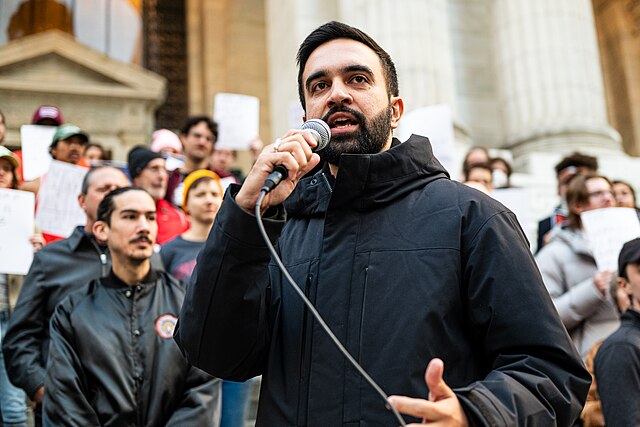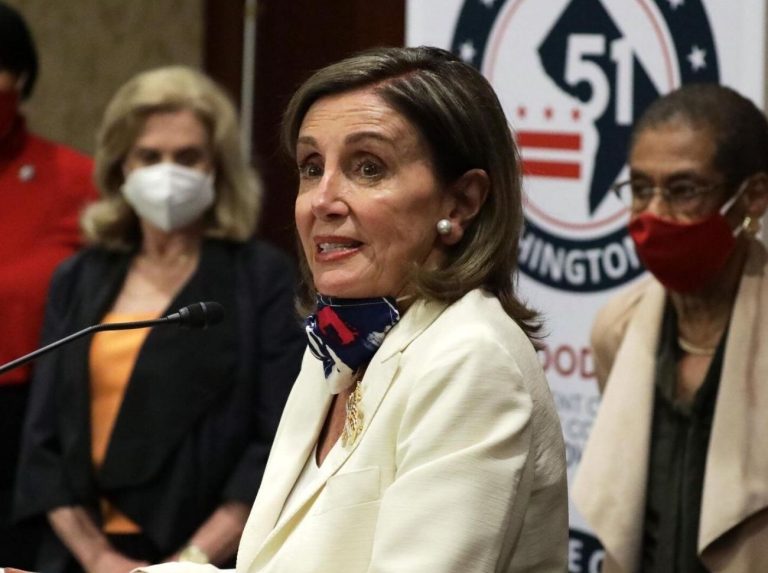New York State Assemblyman and mayoral hopeful Zohran Mamdani is facing increasing scrutiny over his residency in a rent-stabilized apartment in Astoria, raising complex questions about fairness, housing policy, and political accountability. Mamdani currently pays $2,300 monthly for a one-bedroom unit, despite earning a public salary of $142,000 per year, supplemented by additional stipends. His wife, an artist, also contributes to their household income.
The controversy intensified after former Governor Andrew Cuomo publicly criticized Mamdani on the social media platform X, garnering over 34 million views. Cuomo’s statement questioned why Mamdani and his wife are benefiting from a housing program originally intended to provide affordable rents to New Yorkers struggling with the city’s soaring rental market. “You are actually very rich, [yet] you and your wife pay $2,300 a month, as you have bragged, for a nice apartment in Astoria,” Cuomo wrote. “I am calling on you to move out immediately and give your affordable housing back to an unhoused family who needs it.”
Cuomo initially claimed Mamdani’s unit was rent-controlled, but later clarified that it is rent-stabilized. Rent stabilization covers nearly half of New York City’s rental apartments and limits annual rent increases while guaranteeing lease renewal rights. Unlike public or income-restricted housing, rent-stabilized apartments do not have income restrictions for tenants, and access is usually granted based on availability rather than financial need.
Critics argue that this system allows higher-income tenants, like Mamdani, to benefit from protections meant for low-income and housing-insecure New Yorkers. The debate touches on the fundamental question of whether rent stabilization should serve as a safety net for all tenants or be targeted specifically toward the city’s most vulnerable residents.
Mamdani, who has made housing affordability a centerpiece of his mayoral campaign, advocates for a freeze on rent increases for all government-regulated units and the construction of 200,000 affordable housing units over the next decade. However, his personal housing situation has raised eyebrows about whether his policies would equally benefit higher-earning tenants.
In an interview with the New York Editorial Board, Mamdani expressed skepticism toward introducing means testing for rent-stabilized housing, arguing he is “deeply skeptical of means testing.” This stance has fueled further criticism from Cuomo and others, who believe income thresholds should be implemented to prevent wealthier residents from occupying subsidized units.
Cuomo announced plans to propose legislation dubbed “Zohran’s Law,” aimed at preventing affluent individuals from residing in rent-stabilized apartments. “We’re not supposed to be providing rent-stabilized apartments to the children of millionaires,” Cuomo stated. The controversy also spotlighted Mamdani’s family background—his father is a Columbia University professor and his mother an internationally recognized film director—leading some to question his eligibility for affordable housing programs.
This dispute recalls earlier criticisms of Mamdani, including accusations that he misrepresented his ethnicity on a Columbia University application, identifying as African American despite his Indian descent and Ugandan upbringing. Critics have linked these incidents as patterns of benefiting from programs meant for disadvantaged groups.
As the New York mayoral campaign progresses, Mamdani’s housing situation remains a hot topic. The debate underscores broader concerns about the rent stabilization system, eligibility criteria, and the balancing act between affordable housing access and ensuring fairness for all New Yorkers.
With public interest high, the conversation about Mamdani’s apartment, his policies, and his political future is set to remain a contentious issue in the race for City Hall.

James Jenkins is a celebrated Pulitzer Prize-winning author whose work has reshaped the way readers think about social justice and human rights in America. Raised in Atlanta, Georgia, James grew up in a community that instilled in him both resilience and a strong sense of responsibility toward others. After studying political science and creative writing at Howard University, he worked as a journalist covering civil rights issues before dedicating himself fully to fiction. His novels are known for their sharp, empathetic portraits of marginalized communities and for weaving personal stories with broader political realities. Jenkins’s breakout novel, Shadows of Freedom, won national acclaim for its unflinching look at systemic inequality, while his more recent works explore themes of identity, resilience, and the fight for dignity in the face of oppression. Beyond his novels, James is an active public speaker, lecturing at universities and participating in nonprofit initiatives that support literacy and community empowerment. He believes that storytelling is a way to preserve history and inspire change. When not writing, James enjoys jazz music, mentoring young writers, and traveling with his family to explore cultures and stories around the world.









